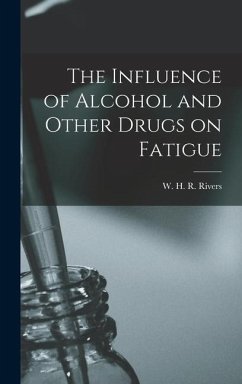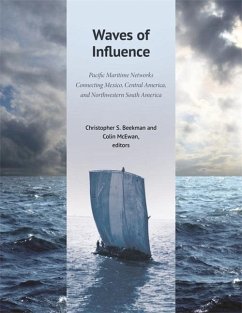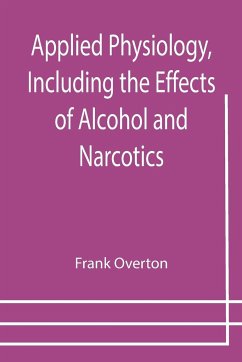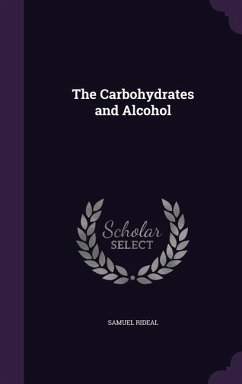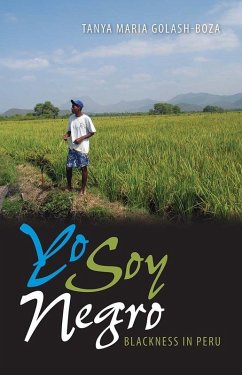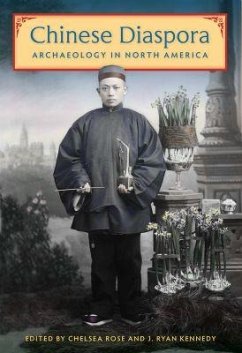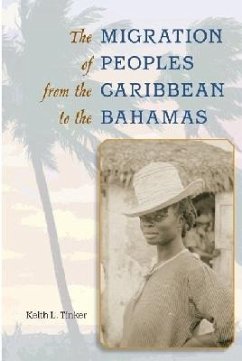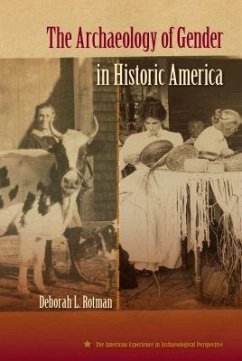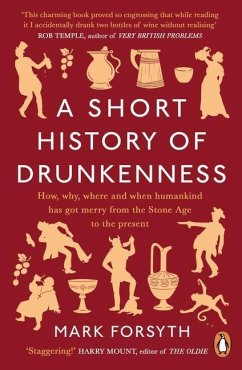Nicht lieferbar
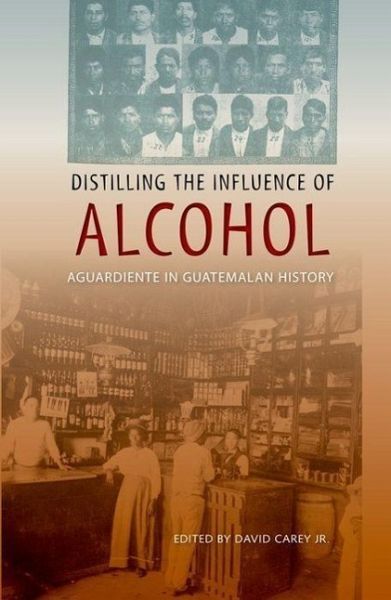
Distilling the Influence of Alcohol
Aguardiente in Guatemalan History
Herausgeber: Carey, David
Versandkostenfrei!
Nicht lieferbar
Sugar, coffee, corn, and chocolate have long dominated the study of Central American commerce, and researchers tend to overlook one other equally significant commodity: alcohol. Often illicitly produced and consumed, aguardiente (distilled sugar cane spirits or rum) was central to Guatemalan daily life, though scholars have often neglected its fundamental role in the country's development. Throughout world history, alcohol has helped build family livelihoods, boost local economies, and forge nations. The alcohol economy also helped shape Guatemala's turbulent categories of ethnicity, race, cla...
Sugar, coffee, corn, and chocolate have long dominated the study of Central American commerce, and researchers tend to overlook one other equally significant commodity: alcohol. Often illicitly produced and consumed, aguardiente (distilled sugar cane spirits or rum) was central to Guatemalan daily life, though scholars have often neglected its fundamental role in the country's development. Throughout world history, alcohol has helped build family livelihoods, boost local economies, and forge nations. The alcohol economy also helped shape Guatemala's turbulent categories of ethnicity, race, class, and gender, as these essays demonstrate. Established and emerging Guatemalan historians investigate aguardiente's role from the colonial era to the twentieth century, drawing from archival documents, oral histories, and ethnographic sources. Topics include women in the alcohol trade, taverns as places of social unrest, and tension between Maya and State authority. By tracing Guatemala's past, people, and national development through the channel of an alcoholic beverage, Distilling the Influence of Alcohol opens new directions for Central American historical and anthropological research.





